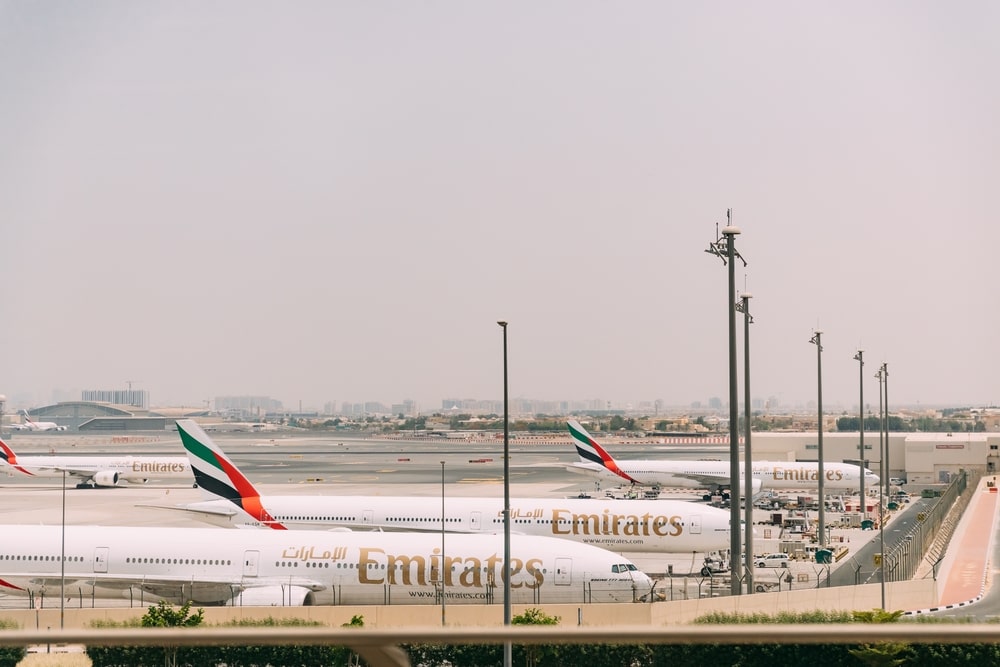
Flights are being cancelled or rerouted from the region following onset of Israel-Iran conflict
Airlines have cancelled or rerouted flights to and from the Middle East, following an escalation in the Israel-Iran conflict, creating more disruption for passengers and airlines alike.
Qatar’s Hamad International Airport, a crucial hub in linking travel from West to East, halted operations after Qatar closed its airspace on Monday after Iran fired missiles at US military bases, in what it says is retaliation for US strikes on Iran’s nuclear strikes.
Flights were temporarily paused at Dubai Airport too, with passengers expected to face further delays and cancellations, according to BBC News.
Dubai Airport recorded 237 delays and 45 cancellations in a single day, with Emirates experiencing 106 flight delays, according to Travel and Tour World.
Air India stopped all operations in the Middle East and flights to the US East Coast and Europe, while Japan Airlines cancelled flights from Tokyo to Doha.
The Gulf is home to the world’s busiest flight hubs in Dubai and Doha, which together handle 400,000 travelers daily, and in Abu Dhabi, which handles 80,000 passengers daily.
These airports play a vital role in being a stopover point for long-haul flights between Europe and Asia or Australia, providing opportunities for passengers to take a break and for planes to be refueled and maintained.
Global flight routes are constantly being squeezed and restricted by ongoing conflicts, whether it be in Europe by the Russia-Ukraine war and in the Middle East, with the Israel-Hamas conflict.
This conflict has already impacted crucial airspace within the region. Large swathes of airspace including Iran, Iraq, Lebanon, Syria and Jordan, a key corridor for 1,400 flights linking Asia and Europe, now being closed off, according to Travel and Tour World. Instead, these flights are either passing north over Turkey or south over Saudi Arabia.

Related Articles
Aviation
Aviation
Aviation